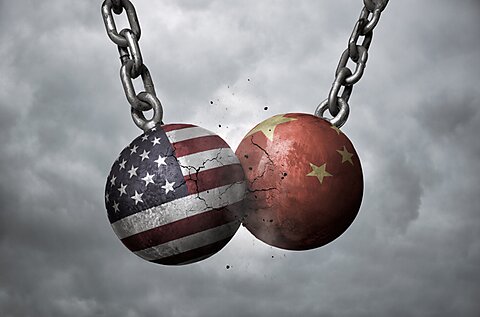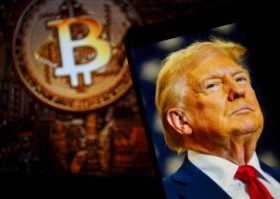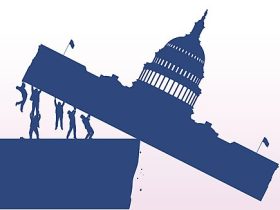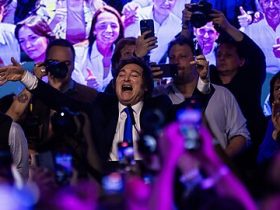Jeffrey Miron
One consequence of misguided government polices is a smaller economic pie, i.e., reduced economic efficiency.
A different, but under-discussed consequence, is arbitrary redistribution. A recent paper illustrates:
Our research … focuses on the US-China trade war that began in 2018 and explores how all firms importing from China responded to the imposition of import tariffs. Unsurprisingly, our results show that the average firm reduced its quantity and value of Chinese imports following the tariffs. However, firms that supply to the US government increased their Chinese imports by about 33 percent following the start of the trade war. …
Additionally, our research explores the reasons behind this phenomenon. Firms can request exemptions from these additional tariffs, and our findings reveal that government suppliers were over twice as likely to receive tariff exemptions as otherwise equivalent nongovernment suppliers. …
Finally, our research considers the implications of this phenomenon on the market performance of government suppliers. Following the increase in Chinese imports after the onset of the trade war, government suppliers’ profitability and market share rose relative to nongovernment suppliers. Moreover, government suppliers experienced outsized stock returns.
Thus the trade war both reduced economic efficiency and enriched government-connected firms. The latter effect is a transfer, not an economic cost per se; but it is presumably one that almost everyone would oppose.
This article appeared on Substack on September 11, 2024.








